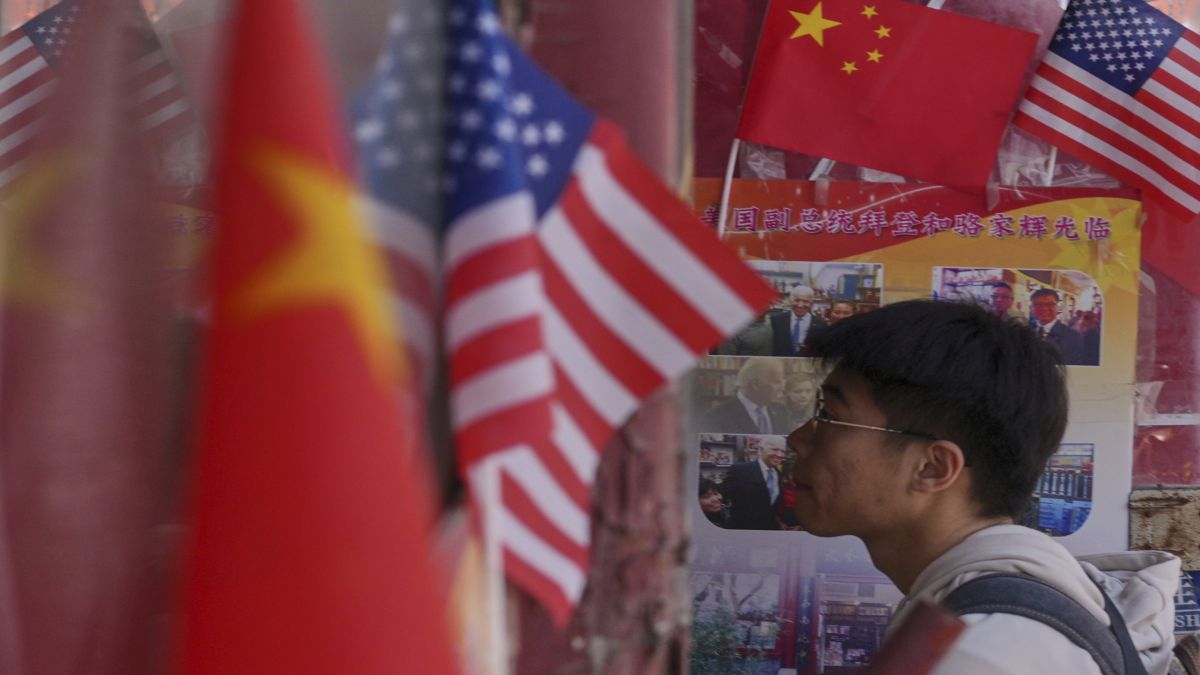Hours before US President Donald Trump announced 100 per cent tariffs on Chinese goods , “over and above any Tariff that they are currently paying,” reports are emerging that China opened an investigation into Qualcomm . The new tariffs announced by Trump on China will take effect on November 1 as Beijing opens an investigation into American’s important semiconductor companies.
On Friday, China’s State Administration for Market Regulation announced an antitrust investigation into Qualcomm regarding its acquisition of Israeli chip designer Autotalks. The probe is being conducted to examine whether Qualcomm violated China’s antitrust laws by failing to properly declare details of the deal, which was finalised in June this year, Reuters reported.
It is pertinent to note that the ongoing investigation is part of a broader escalation of tensions between Beijing and Washington , with US chip companies facing heightened scrutiny in China. The investigation against Qualcomm also comes amid a flurry of Chinese actions targeting US interests, including new export restrictions on rare-earth materials and lithium batteries.
After Trump announced 100 per cent additional tariffs on Chinese goods, Beijing said that it plans to impose a special port fee on U.S. vessels docking at Chinese ports, retaliating against Trump’s move.
China’s crackdown on tech giants
On Thursday, China also added Canada-based semiconductor research firm TechInsights to its “unreliable entity list” for its reports on Huawei’s chip development. Last month, China’s antitrust regulator accused Nvidia of breaching anti-monopoly laws related to a 2020 acquisition.
Meanwhile, Qualcomm’s acquisition of Autotalks, a maker of vehicle-to-everything (V2X) communication chips, deals with the integration of advanced technology into Qualcomm’s Snapdragon car stack. The chips by the Israeli company are designed to prevent car crashes.
Interestingly, the acquisition aligned with China’s push to standardise V2X communication across pilot regions by 2026. However, according to Reuters, Stephen Wu, founder of Carthage Capital, suggested that China’s probe could signal broader pressure on American chip and automotive supply chains.
Impact Shorts
More Shorts“China could have imposed a minor penalty for procedural issues, but a higher sanction may indicate a strategic move,” Wu told Reuters. It is important to note that Qualcomm, which is based in San Diego, faced similar scrutiny in 2015, paying a $975 million fine to settle a Chinese antitrust case.
In 2024, the American firm briefly abandoned the Autotalks deal due to regulatory delays but completed it earlier this year. Both Qualcomm and Autotalks are yet to respond to the matter. Overall, Beijing’s recent actions, including export controls and sanctions, threaten to disrupt the country’s fragile trade balance with the United States.
With inputs from Reuters.
)